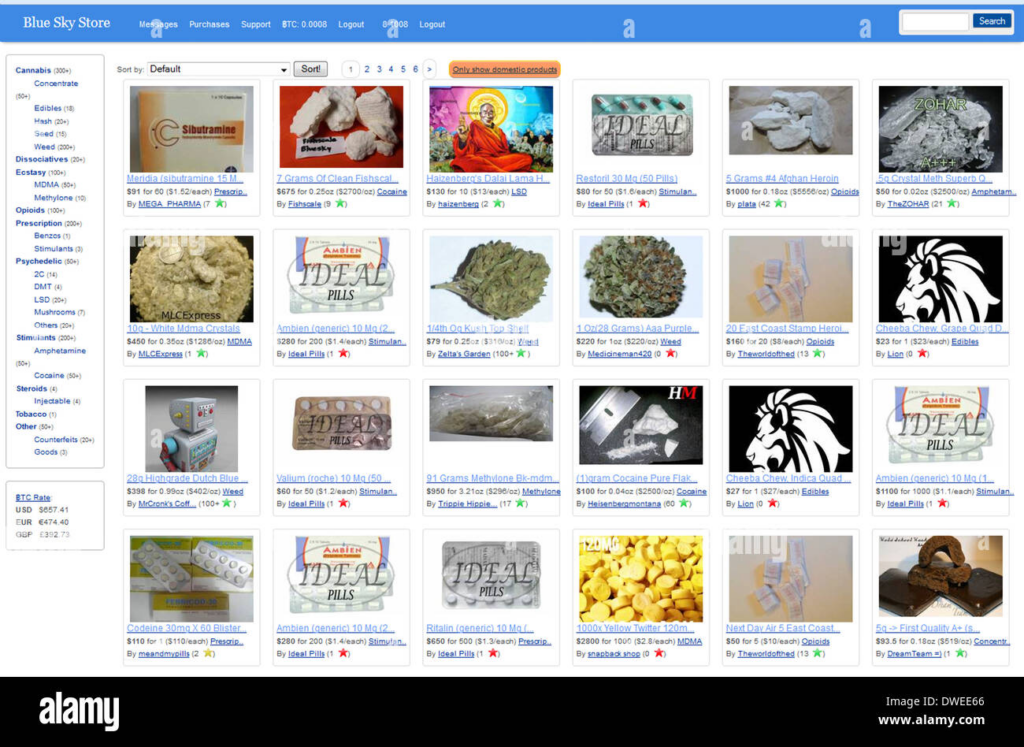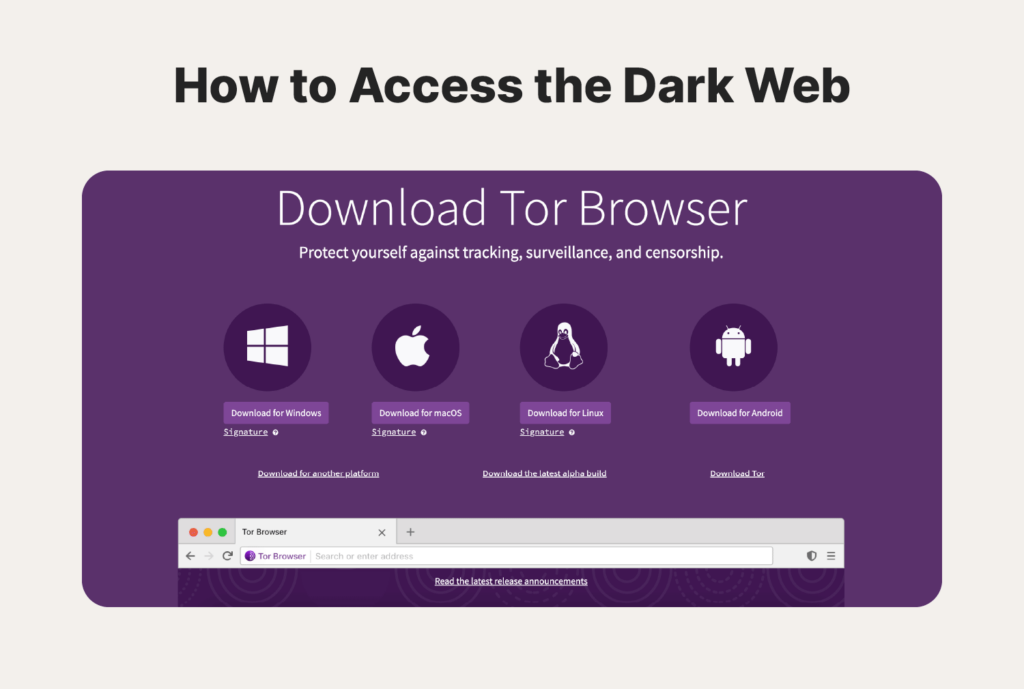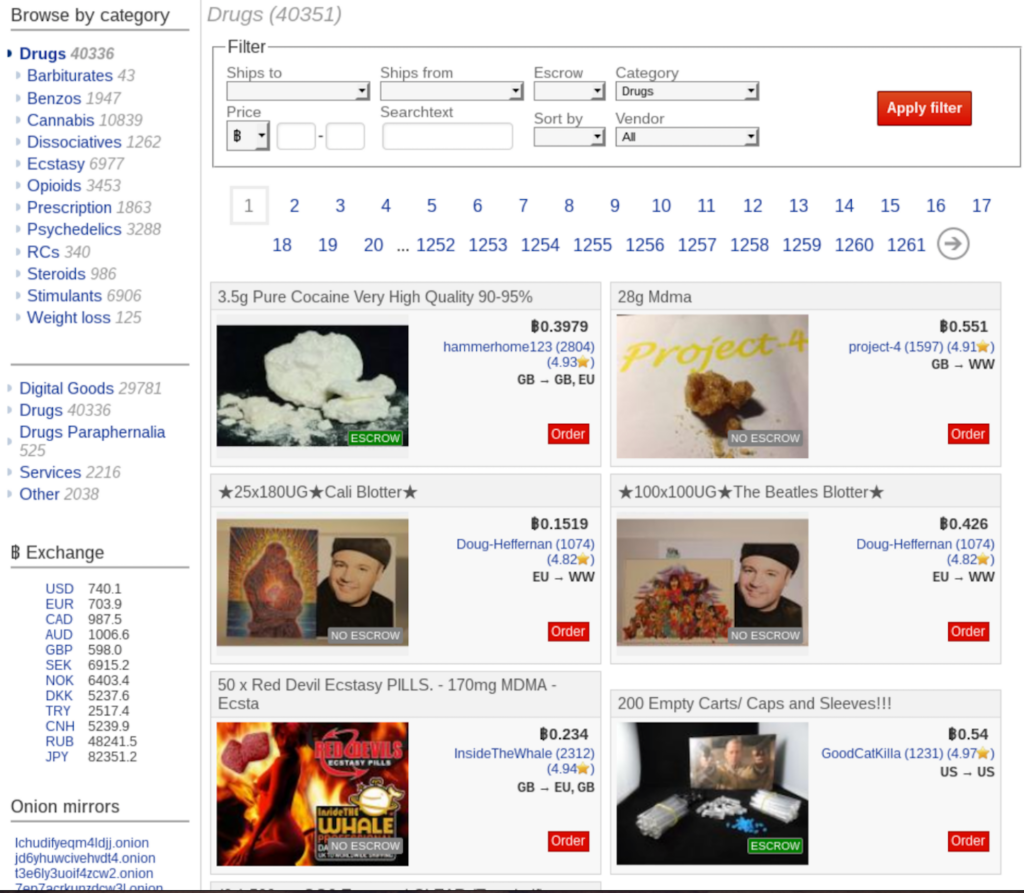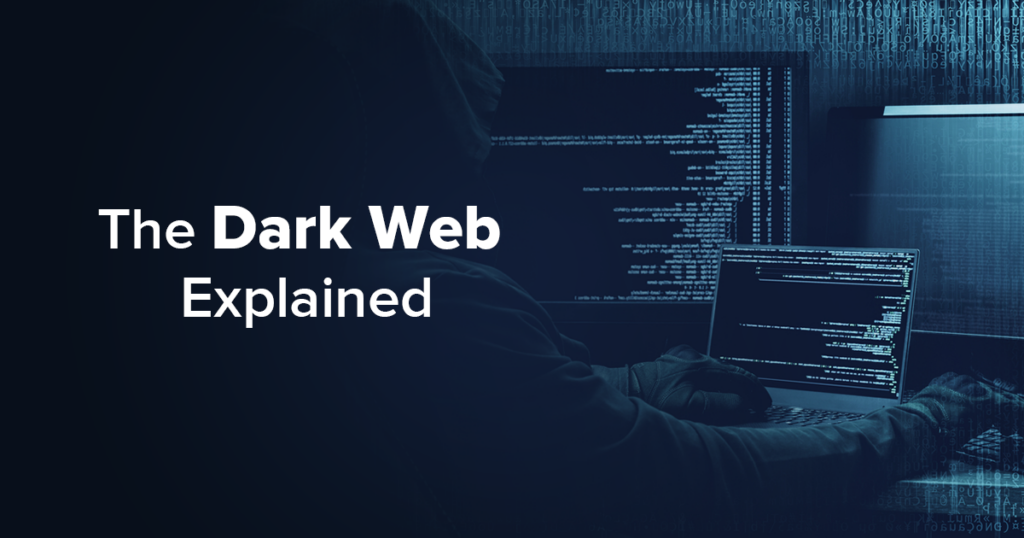| Darknet Market | Established | Total Listings | Link |
|---|---|---|---|
| ✅Nexus Market 🔥 | 2022 | 400+ | Onion Link |
| ✅Abacus Market | 2022 | 300+ | Onion Link |
| ✅Ares Market | 2022 | 100+ | Onion Link |
| ✅BlackSprut Market | 2023 | 350+ | Onion Link |
| ✅Mega Market | 2023 | 300+ | Onion Link |
| ✅Cocorico Market | 2022 | 300+ | Onion Link |
To start using darknet links you should download Tor Browser and then open Onion Links from table below in that Browser

The dark web is often associated with illicit activities, such as drug trafficking, illegal arms sales, and human trafficking. However, it also hosts a variety of other services and platforms. For instance, The Hidden Wiki is often referred to as the dark web’s unofficial Wikipedia, providing links to various dark web sites. Similarly, Sci-Hub is known as the dark web’s version of ScienceDirect, offering access to academic papers. To access these sites, you need to use a special browser like Tor, which anonymizes your internet activity.
Introduction to the Dark Web
The dark web is a part of the internet that is not indexed by search engines and requires special software, configurations, or authorization to access. It is a subset of the deep web, which includes anything on the internet that is not indexed by search engines. The dark web is intentionally hidden and requires a specific browser, such as Tor, to access. It is estimated that the dark web makes up around 5% of the total internet.
The dark web is often associated with illicit activities, such as buying and selling stolen data, hacking services, and illegal goods. However, it also has a legitimate side, with services like a chess club or BlackBook, a social network described as the “the Facebook of Tor.” The dark web is used for situational awareness, threat analysis, and keeping an eye on what’s happening in the hacker underground.
A Deep Dive into Darknet Sites: What You Need to Know

Darknet sites are online destinations accessed through specialized tools, such as the Tor browser, which anonymize user activity and location. These dark web websites host a variety of content, including forums, marketplaces, and informational resources. It is crucial to use tools like the Tor browser and VPNs for secure access to protect your identity and data. While some of this content can be legitimate, there are also potential dangers and illegal activities often associated with these sites.
What is the Darknet (Dark Web), and How Does It Differ from the Surface Web?
The internet as you know it consists of two primary layers—the Surface Web and the Deep Web, with the Darknet residing deeper still. The Surface Web, often called the “accessible internet,” refers to everything that search engines like Google or Bing can index and display. This includes websites like social media platforms, news outlets, and e-commerce storefronts.
On the other hand, the refers to a hidden part of the internet that requires special tools or configurations to access. Unlike the Surface Web, Darknet content isn’t indexed by standard search engines, making it less accessible to the average internet user. It operates on encrypted networks, such as Tor (The Onion Router) or I2P (Invisible Internet Project), making user activity largely anonymous. Using a dark web browser like Tor is essential for navigating and accessing the dark web securely, as it allows users to reach unique encrypted sites that are otherwise inaccessible.
While the Darknet is well-known for its controversial uses, it is also home to communities and resources that value privacy and freedom of speech—a critical distinction not always understood by the public.

Darknet sites are online destinations accessed through specialized tools, primarily using software like Tor. These websites, often called “onion sites” due to their .onion domain suffix, can bypass conventional internet censorship and mask users’ identities.
How do these dark web sites work?
Darknet sites function on principles of encryption and decentralization. They use multiple layers of data encryption to keep both the sender’s and receiver’s identities concealed. When visiting such sites, data routes through anonymous relay servers in a process designed for maximum security.
Typical purposes of Darknet sites include
- Secure Communication: Journalists, whistleblowers, and activists who fear retaliation often use the Darknet to communicate and share sensitive information in privacy.
- Illegal Activities: Infamously, the Darknet is also used to run black markets for illicit goods, such as unlicensed pharmaceuticals, false documentation, and more.
- Data Sharing: Some use Darknet sites to distribute information that might otherwise be censored, including controversial literature or leaked documents.
These varying uses make the Darknet simultaneously a refuge for privacy advocates and a hub for illegal activity.
The Legal and Ethical Implications of Exploring the Darknet Sites
The Darknet is inherently a double-edged sword. While it affords users unparalleled privacy, it also facilitates activities that raise legitimate legal and ethical concerns.
The Good:
- Privacy Protection: For individuals living under oppressive regimes, the Darknet provides a safe space to discuss issues and organize movements.
- Freedom of Information: Censored content often finds a home here, making the Darknet a vital resource in countries with restricted press freedoms.
The Bad and the Ugly:
- Illegal Marketplaces: Some of the most high-profile illegal activities on the Darknet involve black markets like the now-defunct Silk Road. These spaces enable the trade of illicit drugs, weapons, and stolen data. Dark web marketplaces facilitate the trade of illegal goods and services, often using Bitcoin as a payment method.
- Cybercrimes: Hacking services, stolen credit card details, and personal data are frequently bought and sold.
While accessing the Darknet may not inherently be illegal, certain activities conducted within it—such as partaking in black-market deals—undoubtedly are. Ethical considerations also come into play, as browsing such spaces indirectly supports platforms that promote illegal behaviors.

For these reasons, researchers, journalists, and everyday users are encouraged to tread lightly and stay informed about what constitutes legal and illegal activities in their jurisdiction.
How to Access Darknet Sites Safely Using a Dark Web Browser
Accessing the Darknet requires preparation and a clear grasp of security protocols. Reckless browsing can jeopardize your privacy, expose you to malicious entities, or even invite legal repercussions.
- Install Specialized Software
The most common tool for accessing the Darknet is Tor Browser. Available for download on its official website, Tor allows users to enter the Darknet and browse onion sites anonymously. To access onion sites, you need a stable internet connection. Tor provides anonymity and security, which are crucial for various sensitive activities on the dark web. Alternatives include I2P or Freenet, depending on your needs.
- Use a Virtual Private Network (VPN)
Even with Tor, a VPN adds an extra layer of encryption, ensuring your ISP (Internet Service Provider) cannot monitor your activity.
- Avoid Flash and Downloads
One of the biggest risks on the Darknet is malware. Stay vigilant and refrain from downloading files or running Flash-enabled content from unknown sources.
- Verify URLs Carefully
Darknet URLs are long, complex, and often modified to mirror legitimate sites (“phishing”). Verify URLs from trusted sources to ensure you’re visiting the intended site.
- Practice Caution
Never share personal information or payment details while browsing the Darknet.
By adhering to these precautions, you can dramatically reduce risks while exploring this hidden part of the web.
Examples of Dark Web Markets
Below are a few examples of Darknet sites to showcase their diverse purposes:
- ProPublica (onion site) – A reputable investigative journalism outlet offering an anonymous platform for whistleblowers.
- Ahmia – A search engine that allows users to look for .onion sites while filtering out harmful or illegal markets.
- The Hidden Wiki – Often described as the Darknet’s version of Wikipedia, it hosts links to a wide array of onion sites (both legitimate and shady).
- Some of the best dark web sites provide access to educational content, secure services, and tools for bypassing government censorship, ensuring anonymity and addressing the unique challenges of navigating the dark web.
Important Note: While these examples serve for educational purposes, exercise caution to ensure safe browsing and avoid unethical or unlawful websites.
Dark Web Search Engines
Dark web search engines exist, but even the best are challenged to keep up with the constantly shifting landscape. The experience is reminiscent of searching the web in the late 1990s. Even one of the best search engines, called Grams, returns results that are repetitive and often irrelevant to the query.
Some popular dark web search engines include:
- The Hidden Wiki: A directory of dark web sites and services.
- OnionLinks: A search engine that indexes dark web sites.
- dark.fail: A search engine that indexes dark web sites and provides information on how to access them safely.
- Torch: A search engine that indexes dark web sites and provides information on how to access them safely.
Dark Web News and Media
The dark web has a number of news and media outlets that provide information on current events, politics, and culture. Some popular dark web news and media outlets include:
- ProPublica: A non-profit news organization that has a dark web presence.
- BBC Tor Mirror: A dark web version of the BBC news website.
- The New York Times: A dark web version of the New York Times website.
- Facebook: A dark web version of Facebook that allows users to access the social network anonymously.
These outlets provide a way for people to access news and information without being tracked or monitored by governments or corporations.
What Does the Future Hold for Darknet Sites?

The future of Darknet sites lies at the intersection of advancing technology and intensifying law enforcement scrutiny.
Technological Advancements:
- Improved encryption tools could make the Darknet even more secure, further protecting free speech advocates and activists.
- However, increasing sophistication in tracking technologies might eventually expose the anonymity of Darknet users.
- Dark web links are essential for accessing hidden websites, requiring secure configurations and tools like the Tor browser to maintain anonymity.
Legal Pressures:
Authorities worldwide are stepping up their game to combat cybercrime. Many countries are tightening legislative frameworks governing anonymous web use and implementing AI to detect illicit activities.
Regardless of these opposing developments, the Darknet will continue to evolve. Its role as a haven for privacy—including its misuse for illegal trade—ensures it remains controversial yet crucial.
Policing the Dark Web
Policing the dark web is a challenging task, as it requires law enforcement agencies to have the technical expertise and resources to access and monitor dark web sites. However, law enforcement agencies are becoming increasingly sophisticated in their ability to police the dark web.
Some of the ways that law enforcement agencies police the dark web include:
- Monitoring dark web sites and forums for illegal activity.
- Using undercover agents to infiltrate dark web markets and gather intelligence.
- Collaborating with other law enforcement agencies to share intelligence and best practices.
- Using technology, such as Tor, to access and monitor dark web sites.
Despite these efforts, the dark web remains a challenging environment for law enforcement agencies to police, and it is likely that the cat-and-mouse game between law enforcement and dark web users will continue for the foreseeable future.
Exploring the Darknet Responsibly
The Darknet isn’t inherently good or bad—it’s a tool, like the internet itself, whose benefit or harm depends on its application. While it holds immense potential for social good, individuals must exercise caution, ethical responsibility, and awareness when venturing into this hidden web. Dark web forms play a crucial role in maintaining the anonymity and encryption of these networks, such as Tor, and are distinct from the deep web, which contains content not indexed by search engines.
If you found this guide helpful, don’t forget to share it with others interested in understanding the Darknet. Feel free to subscribe for more content demystifying complex topics and technology!
![Darknet Markets 2026 [Full List] - Explore Shadow Internet](https://darknet-market-links.com/wp-content/uploads/2025/01/dark_he2.jpg.webp)